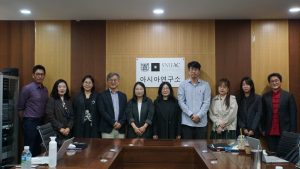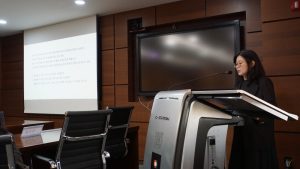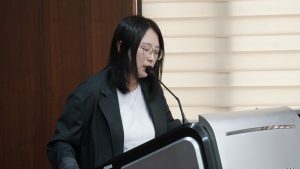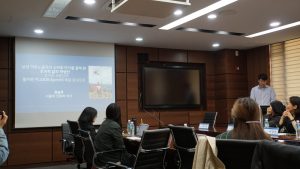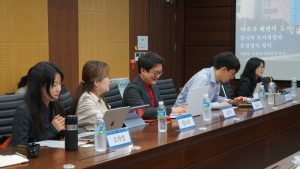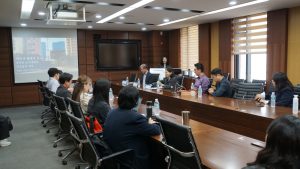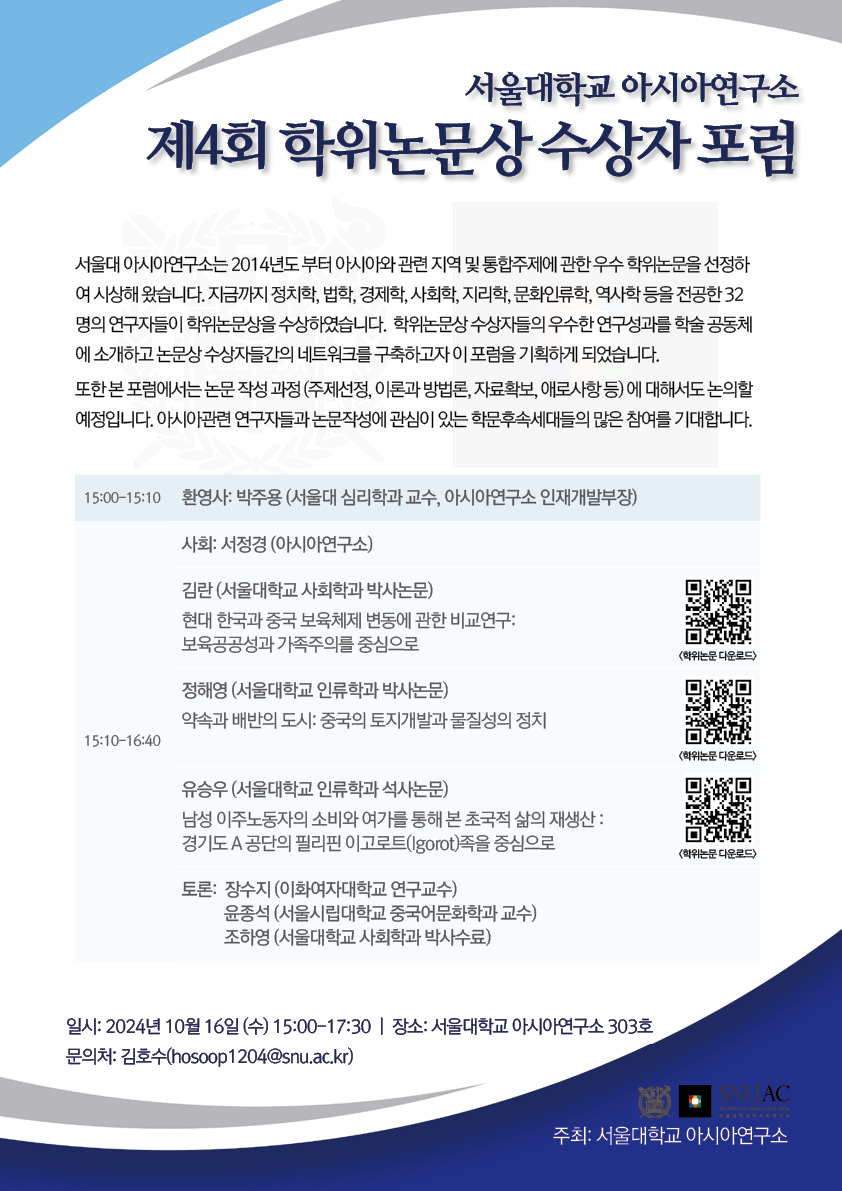
The 4th Dissertation Prize Winner Forum
- Date: October 16th, Wednesday, 2022 15:00 – 17:30
- Location: Room 303, SNUAC (Bldg. 101)
Since 2014, the Seoul National University Asia Center has been selecting and awarding outstanding dissertations on Asia-related topics and integrated themes. To date, 32 researchers specializing in fields such as political science, law, economics, sociology, geography, cultural anthropology, and history have received dissertation awards. This forum has been organized to introduce the excellent research achievements of award recipients to the academic community and to establish a network among them.

